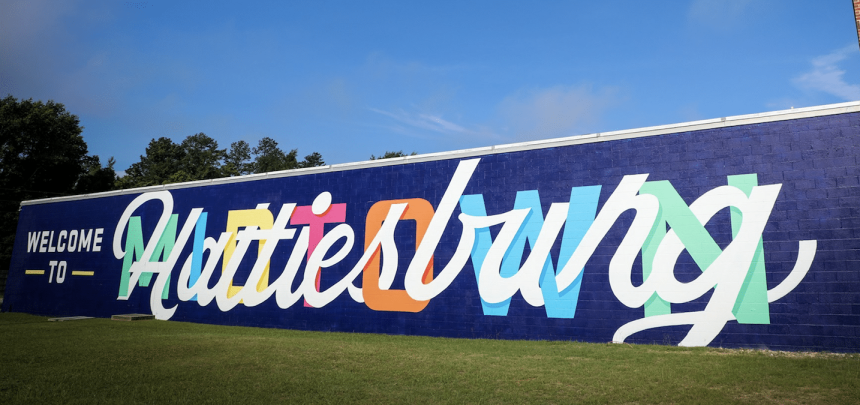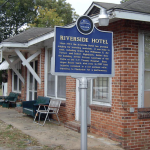The U.S. Department of Housing and Urban Development (HUD) has awarded more than $2 million to Mississippi to address residential health hazards in the state.
$87 million went to 18 states as part of HUD’s Capital Fund Housing-Related Hazards (HRH) and Lead-Based Paint (LBP) Capital Fund programs. One of 36 awards was given to the City of Hattiesburg Housing Authority, totaling $2,023,552.
“Far too many Americans, specifically children, are living in at-risk conditions, like older homes, exposing them to lead based paint hazards,” HUD Acting Secretary Adrianna Todman said. “The funding announced today is an integral step in identifying the risks of lead exposure and other health hazards across communities and working towards a future where unhealthy housing is no longer an issue.”
More than 34 million homes in America have lead paint somewhere in the building, according to HUD, and around 3.3 million homes across the country have children less than six years of age facing one or more lead-based paint hazards. The majority of those children affected, more than 2 million in total, reside in low-income households. Data from the CDC says the presence of lead in homes results in more than 1 million children suffering irreversible health issues, including reduced intelligence and behavioral and learning disabilities.
“This funding will help to remediate housing units with potential lead exposure and protect families in the US and their children – especially families with limited resources in older homes – from lead poisoning and harmful exposure to other hazardous contaminants in their homes.”
The funding will also help the Hattiesburg Housing Authority comply with the National Standards for the Physical Inspection of Real Estate (NSPIRE). NSPIRE’s objective is to strengthen HUD’s physical condition standards, which include fire safety, carbon monoxide, mold and moisture and lead-based paint.








